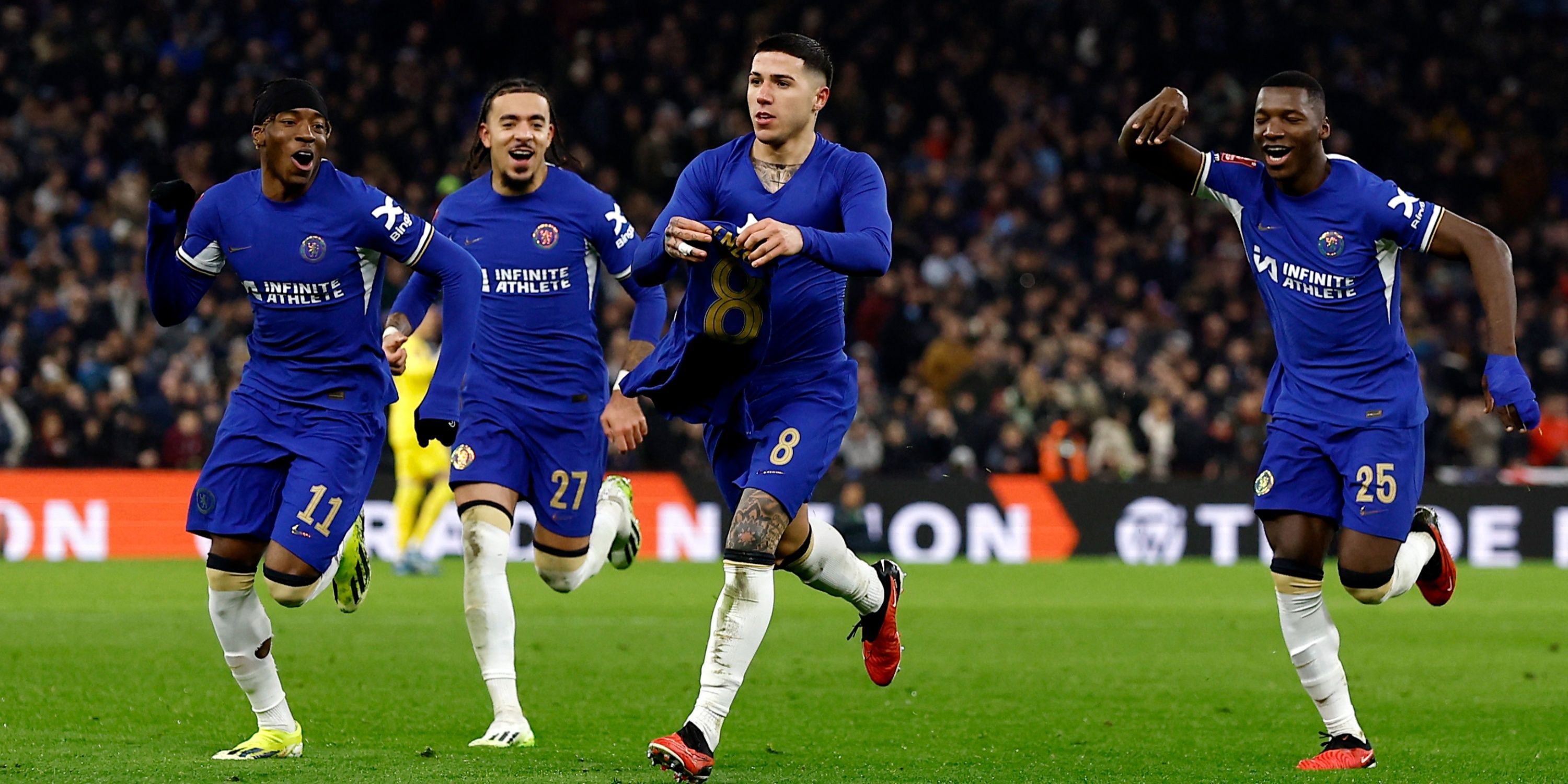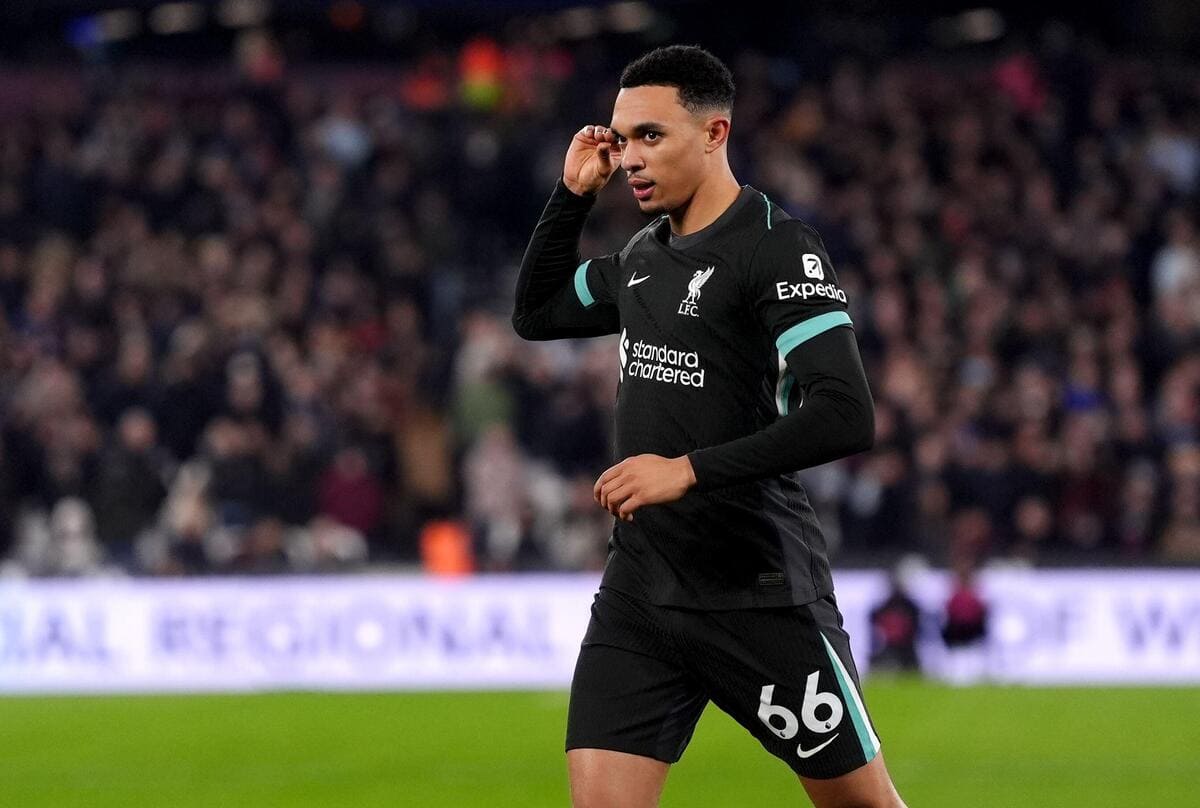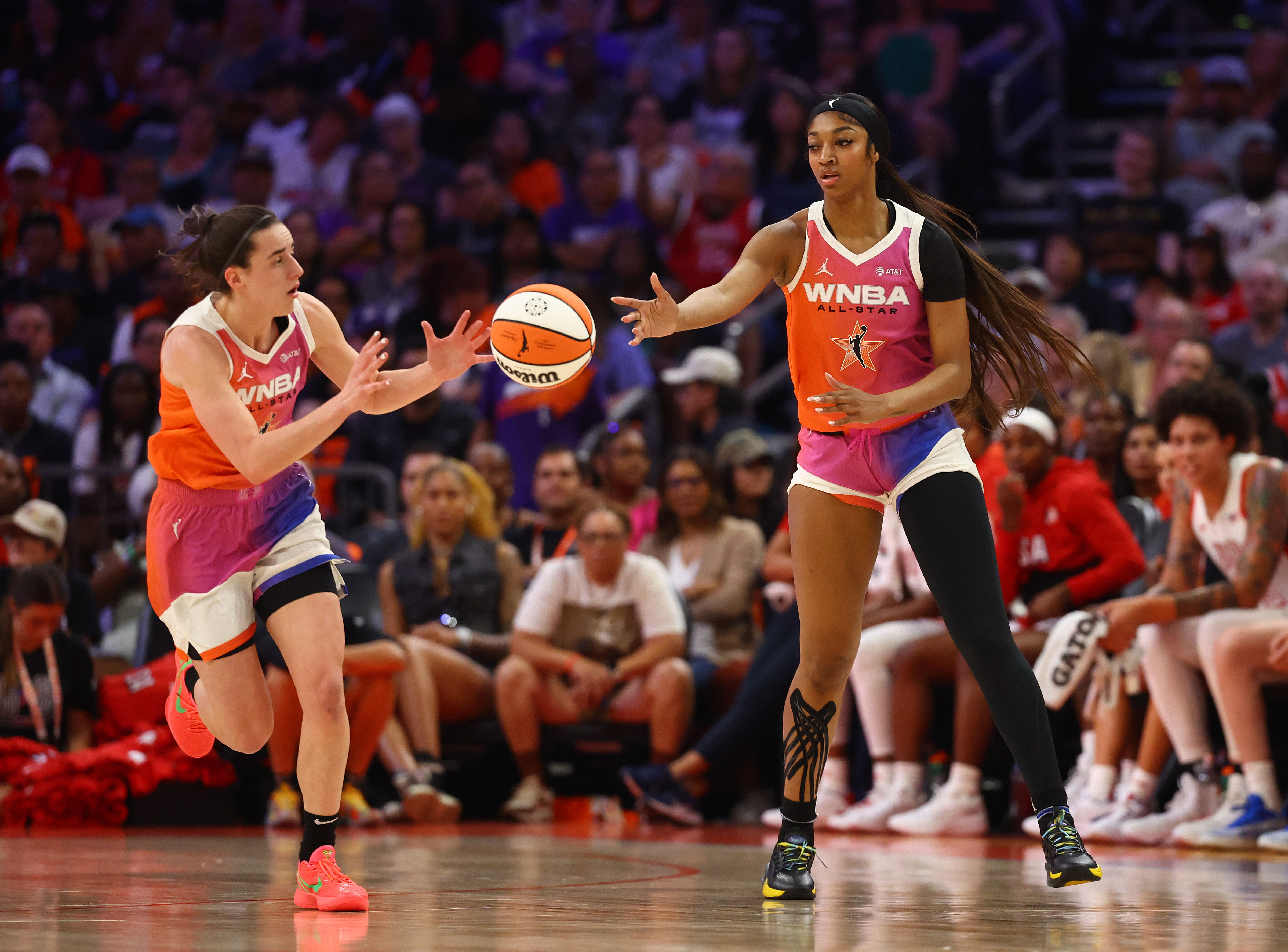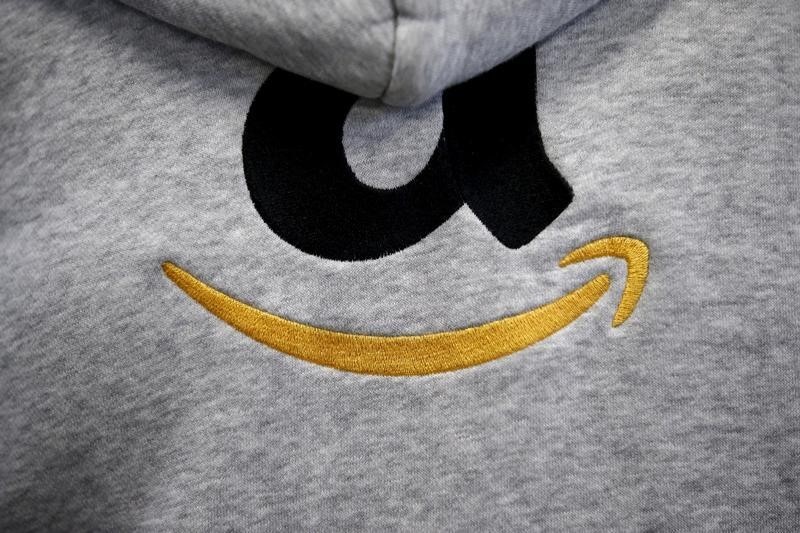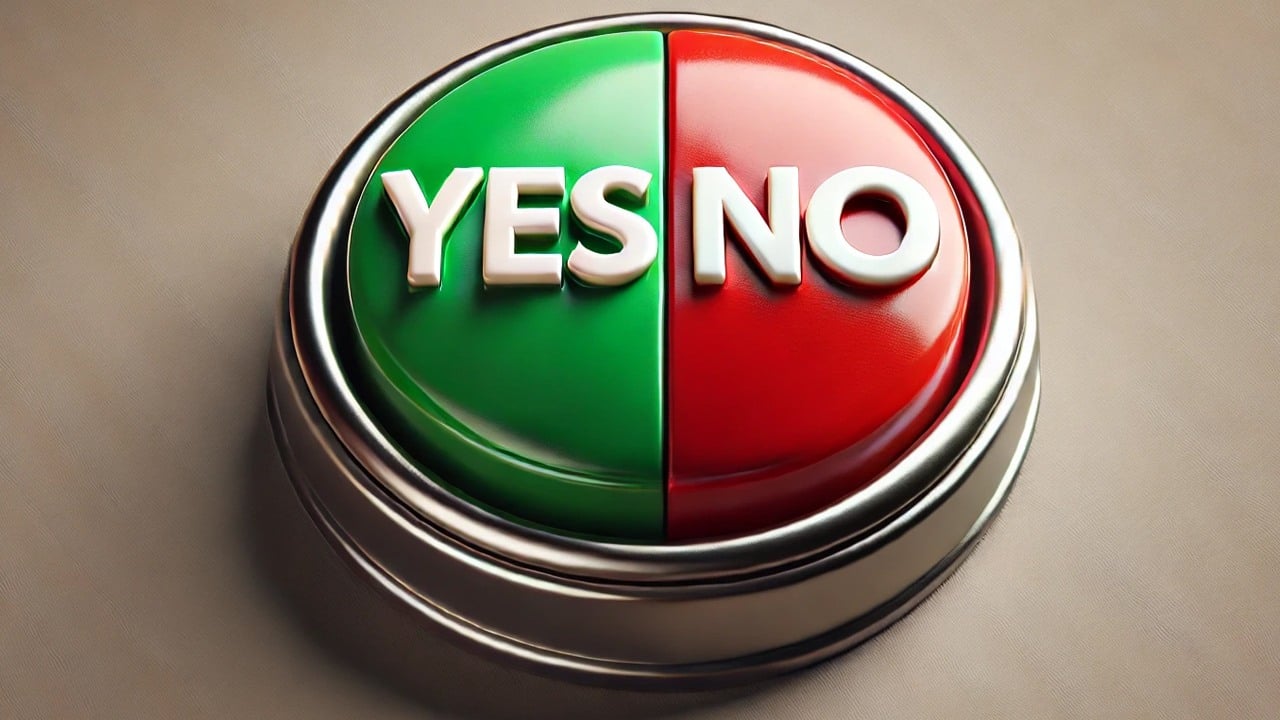If you’ve been a distant observer of Tyson Fury’s efforts to secure a fight before the end of the year, you can be forgiven for any excitement over his promoter’s claim last week that a ‘game-changer’ of a bout was incoming. You can even be forgiven for taking the word ‘efforts’ at face value. If you’ve been following the saga closely, however, you’ll have felt the plummet of your stomach, knowing full well what was coming: Fury vs Ngannou.
This ‘game-changer’, promised by Frank Warren, may yet mean ‘game over’ for Fury’s legacy. The WBC heavyweight champion will travel to Saudi Arabia in October, not to take on his counterpart Oleksandr Usyk – who is unbeaten like the Briton and holds the unified belts – but rather to box a mixed martial artist. It is a vacuous fight in a vacuous space.
Fury, 34, will not bid to become the first undisputed heavyweight champion of the world in two decades, but rather will box an MMA star who is 36 years old, has not fought in 18 months, and who has struggled with a significant injury in recent times. They will tell you that the former UFC heavyweight champion is the greatest power-puncher that his sport has ever seen, and they will be right. They will use that to sell you on the prospect of the Cameroonian somehow stunning Fury, but even if that were to happen – and there is plenty of evidence against that scenario by this point – it is to intentionally skirt the point altogether.
Fury is acknowledged as the best heavyweight of his generation, and in a sense he is lucky that this appraisal has endured despite his recent track record. While his trilogy with Deontay Wilder will rightfully go down in history, and his subsequent title defence against mandatory challenger Dillian Whyte was a more serious task than Fury made it look (and full credit to him for that), his December clash with Derek Chisora would be deemed a farce if such a noun didn’t leave us without a word to describe his ‘contest’ with Ngannou.
It is a match-up that validates scepticism around Fury and the legitimacy of his claims that he was let down by Usyk and Joshua, two boxers who accepted Fury’s well-publicised demands – including a 75-25 purse split with the Ukrainian. And while it validates scepticism around Fury, it does at least contradict criticism of Ngannou.
Ngannou during his 20-second knockout win against Jairzinho Rozenstruik
(Getty)
The “Predator” has a remarkable backstory. It begins with Ngannou working in a sand quarry in Cameroon at the age of 12, and it takes in a year-long episode in which Moroccan authorities thwarted his attempts to reach Spain on six occasions. When he ultimately reached Europe, Ngannou was briefly jailed – not for the first time in his endeavour. The heavyweight eventually became the judge, jury and executioner of life’s injustices against him, building a stunning MMA career that led to the UFC heavyweight title (but not without Ngannou coming up short in his first bid to win the gold). As of today, his professional record stands at 17-3, with 12 of his wins having come via knockout. Of those KO victories, eight took place in Round 1 – with three having been achieved inside the first minute.
Ngannou was accused of ‘fumbling the bag’ in January, when he turned down a UFC contract renewal that would have seen him become the highest-paid heavyweight in the promotion’s history. That does not mean what you may think, given the company’s track record of underpaying their fighters, but even Ngannou’s lucrative PFL deal did not deter his critics. Now, however, those critics have little to say; Ngannou’s decision to back himself and leave the biggest MMA promotion in the world has paid off. Emphasis on paid. He has freedom with the PFL, and he will have finances from fighting Fury that will last a lifetime.
Ngannou, therefore, deserves credit, and he is perhaps the only character in this combat-sports comedy who does. His injuries, age and inactivity warrant criticism of Fury for taking him as an opponent, but they warrant praise of Ngannou, who has made the unimaginable best of a difficult situation.
Warren, naturally, has defended this pairing. “These are two guys who are the best in their relative sports,” he told Talksport, in what became an animated debate. “Fury has been offered a serious lot of money to get involved in a unique opportunity. And it is not an exhibition; it is a fight, it is going to be a shootout.” No fighter will ever be criticised in these pages for getting paid their worth, but Fury did not need to fight Ngannou to do that. Saudi Arabia has been desperate to pair the “Gypsy King” with Joshua or Usyk, and either contest would have secured Fury an even greater payday than this one, while also serving as a more legitimate bout.
Frank Warren (right) promotes Fury and has defended the Ngannou fight
(Getty Images)
Joshua, for his part, told iFL TV, “One: I shouldn’t give a f***, it’s none of my business. Two: Why? [Fury] should’ve been fighting for the undisputed heavyweight championship of the world. Straight up, that’s nonsense, his fault. Three: If we’re acknowledging his business, good luck to the man. Do your thing.” In his second and third points, the former champion is essentially aligned with this column.
Joshua, for any criticism of his ability, has never avoided a challenge – no matter what Fury may claim. Despite losses in recent years, Joshua was willing to box Fury within a matter of weeks of his second straight defeat by Usyk. “AJ”’s legacy will go down as a complex one, given the way he has been sold and the way he has performed, but his eagerness to challenge himself should not be forgotten.
And on the topic of legacies, it is worth noting that Muhammad Ali and Floyd Mayweather’s were not significantly diminished by the former’s exhibition bouts with martial artist Antonio Inoki, NFL player Lyle Alzado, and NHL player Dave Semenko, or the latter’s clash with UFC icon Conor McGregor. All of those fights took place towards the end of both men’s careers, however, while Fury is much closer to his prime. He may, in fact, still be in it.
And the above strand of boxing history reiterates this: Fury vs Ngannou is not changing the game; even if it were, it would be changing the game for the worse.


